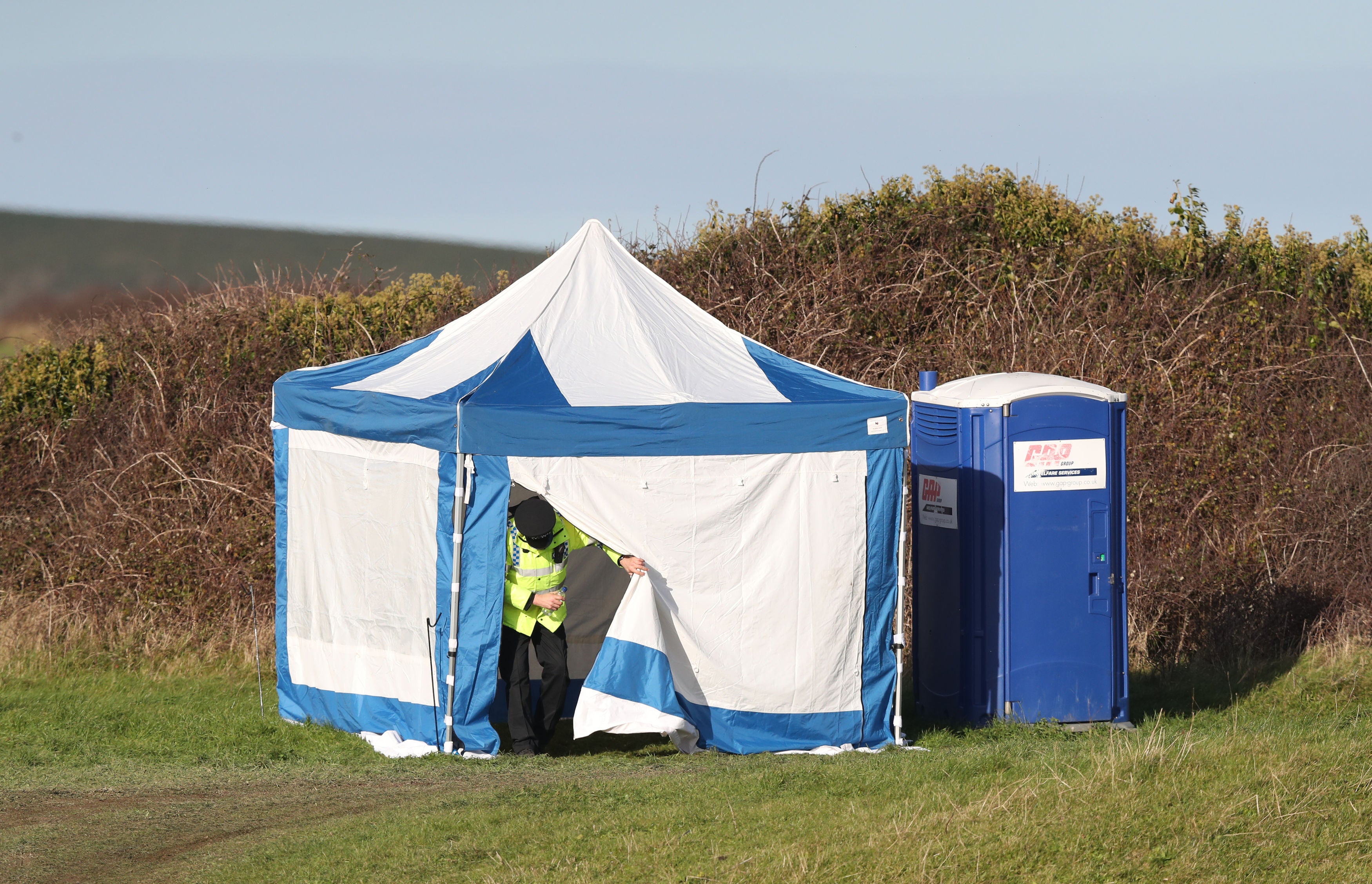
There needs to be better communications within the NHS to prevent people dying, a leading neurologist has told the inquest into the death of teenager Gaia Pope-Sutherland.
The 19-year-old was reported missing from her home in Swanage, Dorset, on November 7 2017 and her naked body was found 11 days later on cliff tops in undergrowth. She had died from hypothermia.
Dorset Coroner’s Court has heard Miss Pope-Sutherland, who suffered from severe epilepsy and post-traumatic stress disorder, had from October 22 been experiencing “ongoing manic episodes”.
She was also worried about the imminent release from prison of the man she had accused of raping her.

The 19-year-old had been referred to Professor Matthew Walker by her GP in November 2016 because of her family wanted a second opinion about her condition.
Miss Pope-Sutherland had between five and 10 small seizures a day and also suffered the more serious “tonic-clonic” seizures, which put her in hospital.
The hearing in Bournemouth heard Prof Walker, who is a consultant neurologist at UCL in London, first saw the teenager in March 2017 and recommended she be considered for brain surgery because of the severity of her seizures.
He said at their consultation the teenager told him she had been sectioned under the Mental Health Act a few weeks previously, but he did not know she had been seen by a psychiatrist following a severe seizure in December 2016.
Prof Walker said this would have been important information because some epileptic seizures can lead to postictal psychosis and a worsening mental health.
He changed her medication and arranged a series of tests in July 2017 to assess her suitability for surgery.
Rachael Griffin, senior coroner for Dorset, expressed her concern the teenager was not seen by him or a member of his team between July 2017 and her death.
Prof Walker replied that “would be normal” and said specialist nurses had been trying to contact her.
He also said he was not informed she had undergone a further mental health assessment a few weeks before she died, and he agreed this was a “missed opportunity” to review her epilepsy care.

An email sent by a care worker from Dorset County Council asking Prof Walker to send a letter of support to help her with work arrangements was sent to the wrong email address.
The court heard of Prof Walker’s concerns about communications within the NHS in England and Wales.
“We are in the fortunate position of having a neuro-psychiatric team that will contact local services and liaise with local services. We liaise with our neuro-psychiatrists,” Prof Walker said.
“We do have multi-disciplinary team meetings with some of the local psychiatric teams about outpatients when there are difficult management issues.
“But I have to say that generally I think there is a lack of communication between community psychiatric teams and neurological care.”
Ms Griffin asked him: “Do you think that is across England and Wales?”
He replied: “I think it is, yes.”
The coroner asked: “Do you think that better communication would probably lead to better care and could therefore prevent future deaths?”
Prof Walker replied: “Absolutely, I think that is true. I think there is a general lack of communication throughout the NHS.
“There are specific problems, at the moment now we are going on to electronic records and different hospitals have different electronic record systems that are not compatible.
“Getting scans now transferred from one place to another has become impossible but many other investigations it is very difficult to get them transferred.
“There is a significant problem, and it is to the detriment of those people who have been treated within the NHS that these communications do not occur.
“I think in the past as well general practice acted as a very useful hub whereby communication between two different groups could occur via the GP but I think they don’t have the time or resources to manage that.
“So, I do feel there is a lack of communication.”
Prof Walker agreed with the coroner that he was concerned at the links between epilepsy and mental health.
“Not to put a finer point on it, people with epilepsy are four times more likely to commit suicide, there is a high rate of depression and anxiety, which is not just having bad epilepsy, but also the circuitry that results in seizures also predisposes you to psychiatric disease and so there is a very close relationship,” he said.
“If one thing was to be done to improve the lives of people with epilepsy and also protect the lives of people with epilepsy, then better communication between mental health services and neurological and other care would be helpful.”
Consultant psychiatrist Dr Dinesh Kannan told the court how he diagnosed Miss Pope-Sutherland with “single exposure” post-traumatic stress disorder in December 2016 after she was referred to him by her GP.
Dr Kannan said he wrote back to the GP with his assessment and was “fairly reassured” this information would be passed to the epilepsy specialists treating the teenager, but it never was.
“If I had considered or started anti-depressive treatment for Gaia, I would have certainly contacted the epilepsy team,” he said.
“I could have done it with hindsight. As I was fairly certain this appointment was sought to show the impact of the mental health symptoms that this letter would reach Prof Walker.
“In hindsight it would be good practice to send a copy of this letter to Prof Walker.
“Common practice is that if an assessment is sought by the GP, a response is sent back to the GP.
“I think we have been increasing over the years to involve all agencies and professionals as much as we practically can. It is important that all professionals are aware of what everyone is doing.
“I think there has to be more emphasis on inter-agency communication, especially if they are two specialist services.”
The inquest continues.







